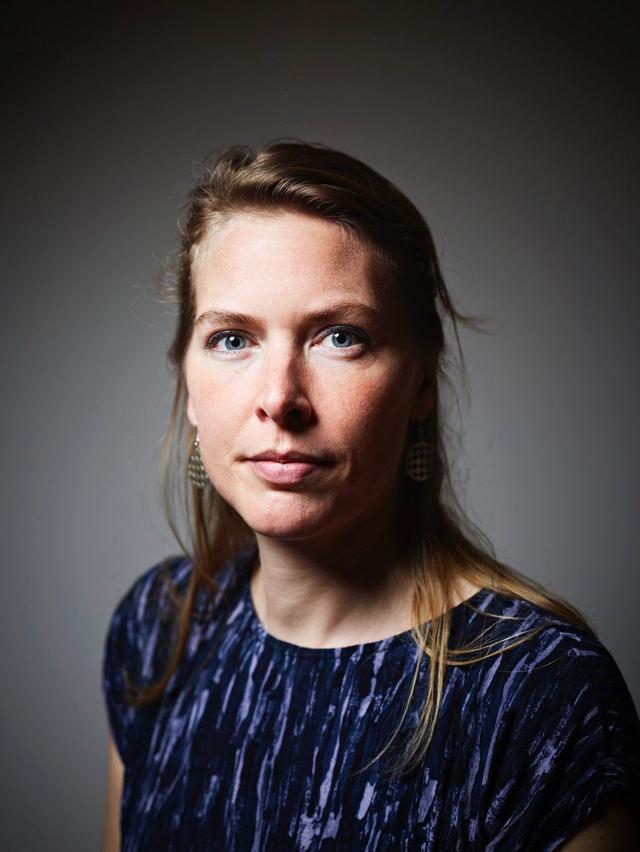Friction
Today’s world is dominated by information gathering, and because everything is understood and described in terms of data, it has come to rule our lives. But how can we live freely in this world of comprehensive digitization that predicts our every move? Rasch searches for alternative ways of thinking about ourselves and our environment that will free us from the binary restrictions of 0s and 1s.

Asking herself what gets lost or omitted when we are straightjacketed into the reductionist logic of dataism, Rasch begins a necessary search for a more human mode of thought that takes things like the ineffable and the sublime into account. Ethical discussions in this area are complex because dataism includes a dominant system of norms and values that leave no room for contradiction. What’s more, data is undeniably successful and efficient: each day we play along to the algorithms of Spotify, Netflix and Facebook. But when everything is considered quantifiable, the world becomes one-dimensional, flat and frictionless.
Rasch sees data as a way of translating or even ‘producing’ reality, but, she says, there are other more dignified thought systems that leave room for ambiguity and personal freedom. Rasch’s examination joins the field of thinkers like Michel Serres, Evgeny Morozov and Peter Sloterdijk. But she also turns to literary authors such as Ta Nehesi Coates, Audre Lorde and Claire Lispector. Simone de Beauvoir’s The Ethics of Ambiguity is a recurring theme in the book. Beauvoir’s claim that friction is the foundation of ethics is central, and Rasch’s statement ‘Without failure, no morality’ is derived from this.
This is a topical, challenging essay, written in a fresh elegant style, with a literary pen. Rasch does not work on a simple conclusion or ready-made solution to the problem, her book stimulates and challenges thought, looking for a way to move beyond the totalitarianism of technology. Rasch’s book is an ode to friction, an argument for contradiction, and for seeking out the spaces in between the numbers.
“Mind-expandingly multi-faceted […] poetic.”
“A salient argument for more friction between people and algorithms.”
